For now, I will share this podcast episode (links below). I was honored to be interviewed by my friends and colleagues Micha K. Ben-David and Jeff James Howard on their amazingly-named podcast, "The Better Bozo." In this episode, I share my thinking on the role of entitlement in collective liberation, the crucial work of mastering polarities, and the dangers of what I call "the Individual Purity Quest." Be forewarned that it's 90 minutes of three white men grappling pretty openly with all sorts of issues around privilege and identity.
I'd love to know what you think about what you hear. This is fraught territory and I am plunging in!
This podcast describes its purpose as follows:
"to investigate the terrain of being a man; to venture into that personal and collective dissonance we are experiencing and tease it apart. When we move through life without examining ourselves and the impact we have on those around us we really are Bozos. However, my good men, when we do investigate our lives and strive to learn and grow, we become Better Bozos."
Listen in via any of the following options, and if you like what you hear, subscribe to their podcast:
Stitcher
Spotify
iTunes
tunein
Buzzsprout
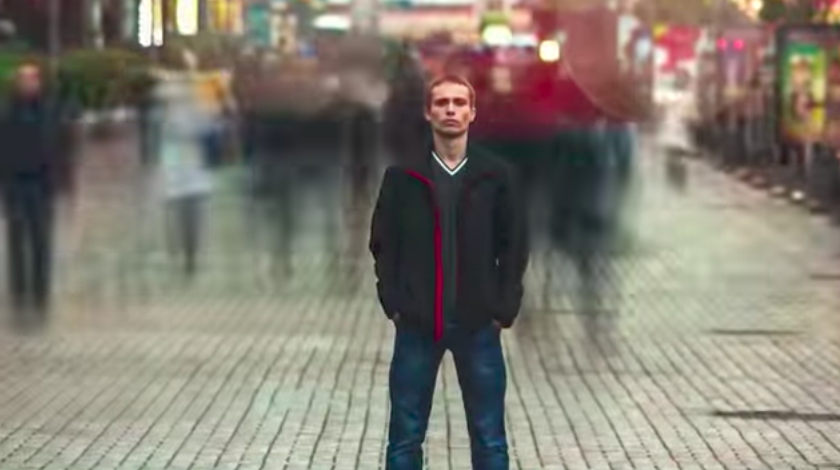
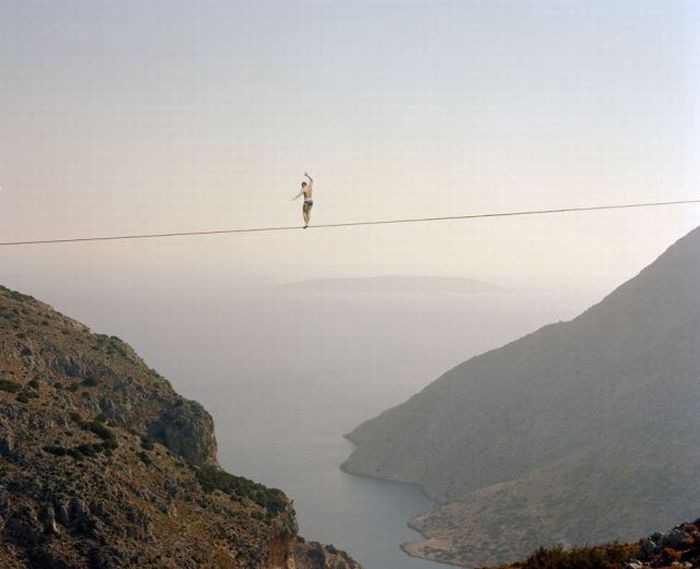
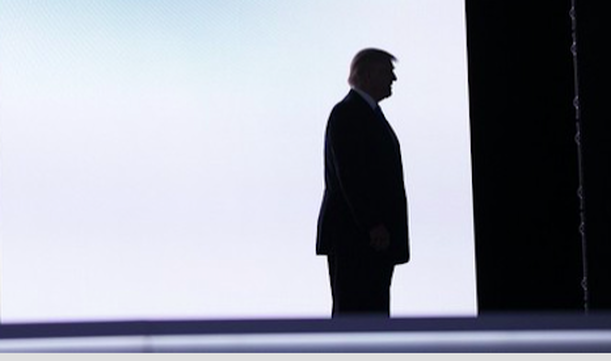
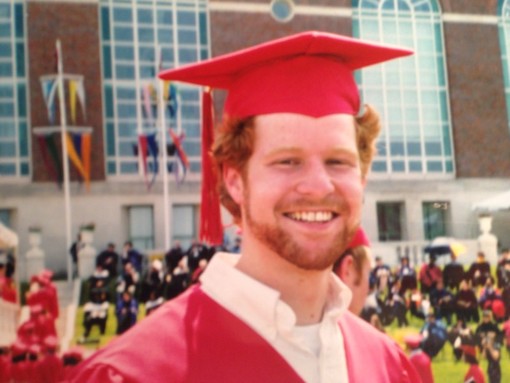
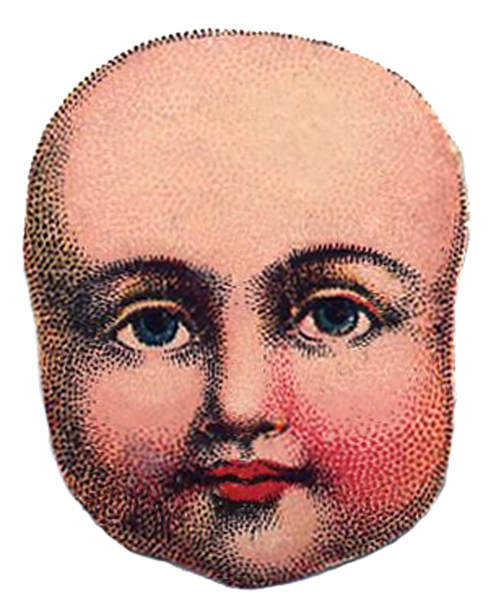
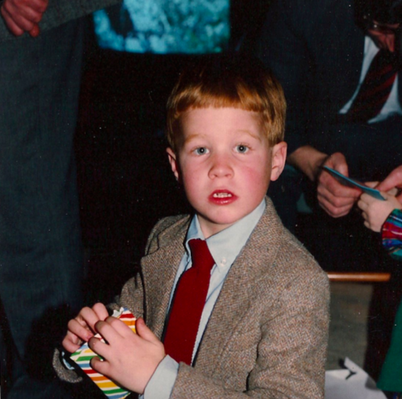
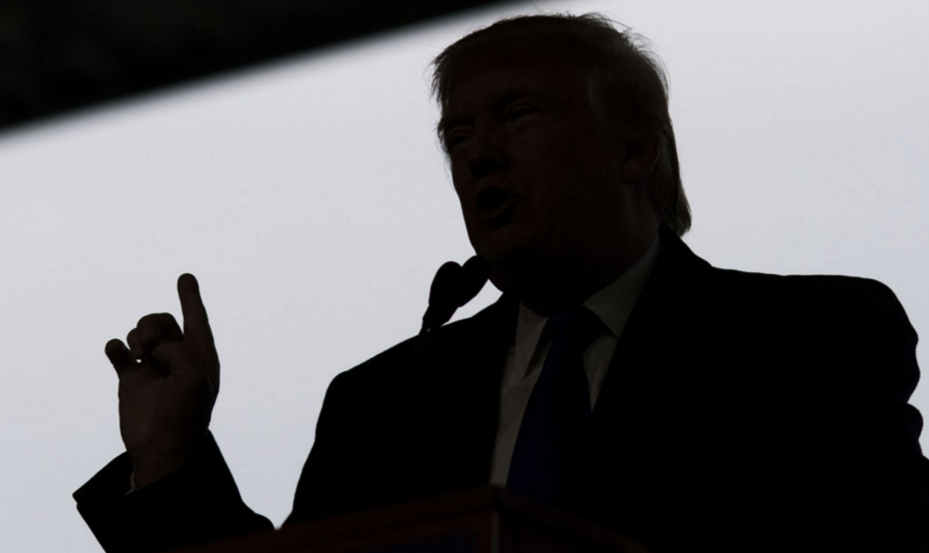
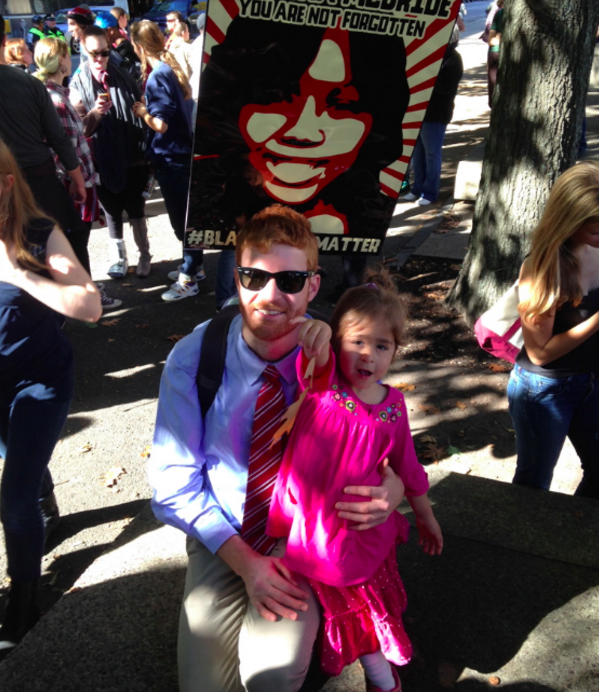
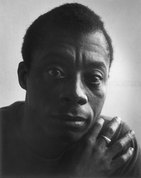
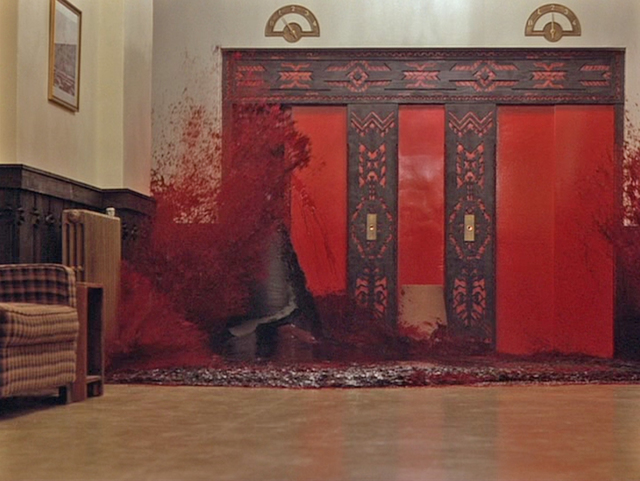
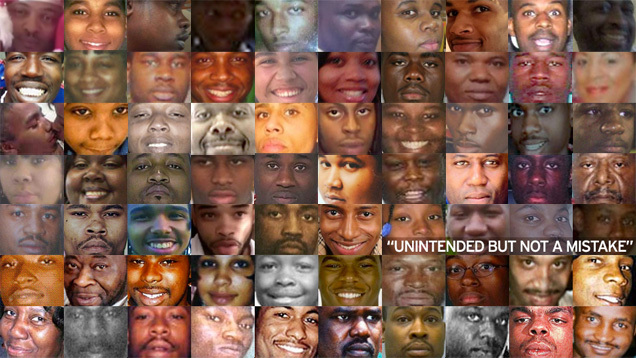
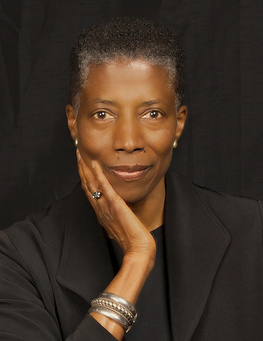
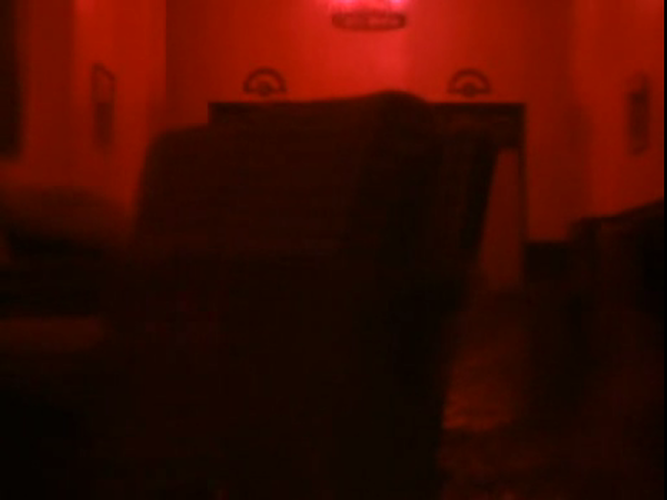

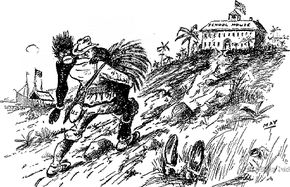
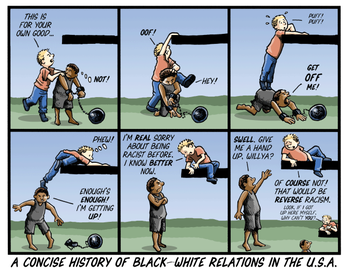
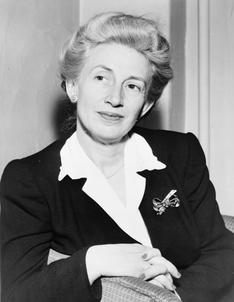
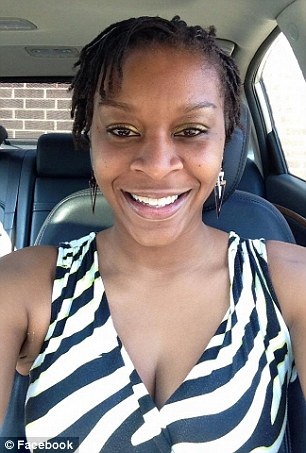
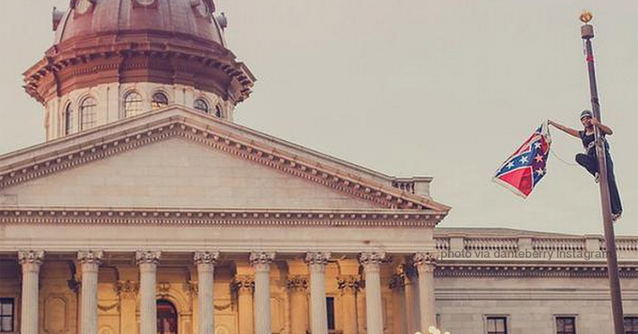
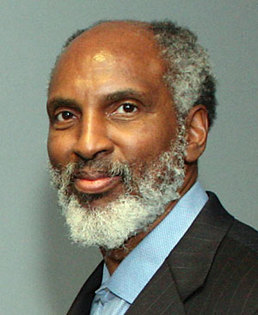
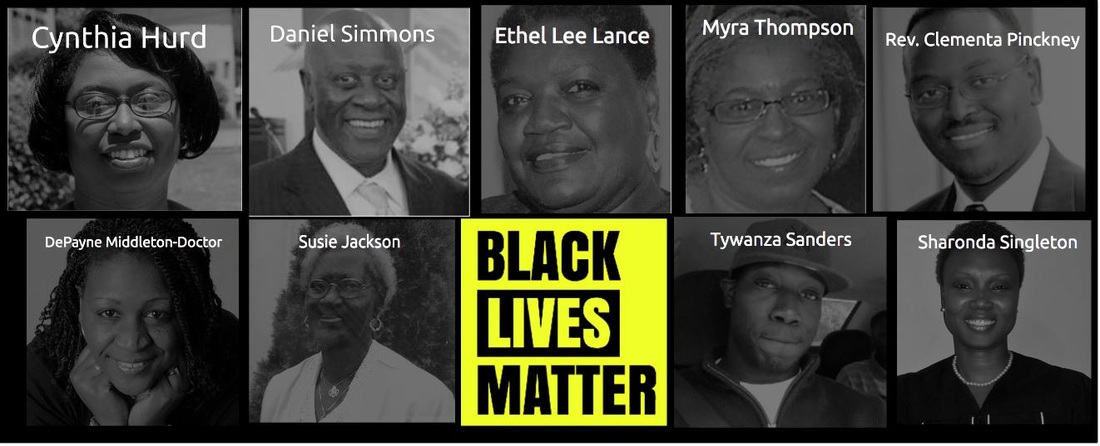
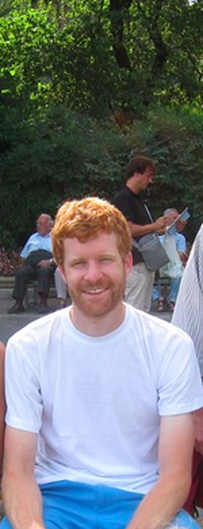
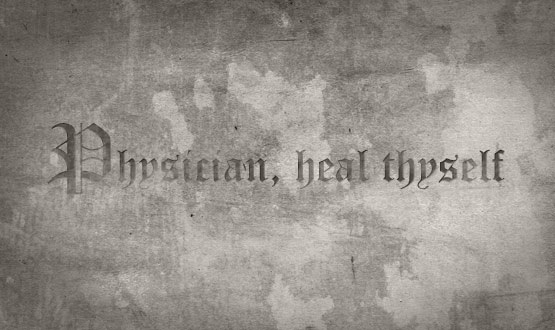
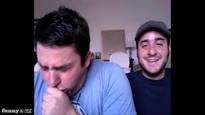
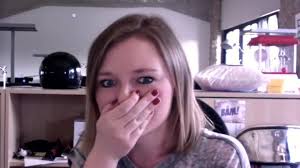

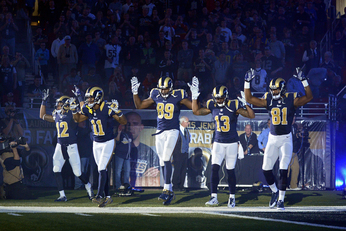
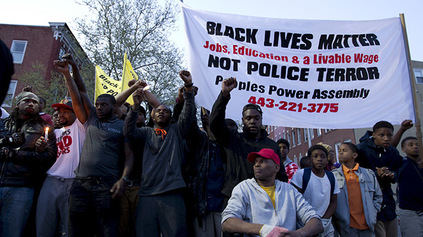
 RSS Feed
RSS Feed